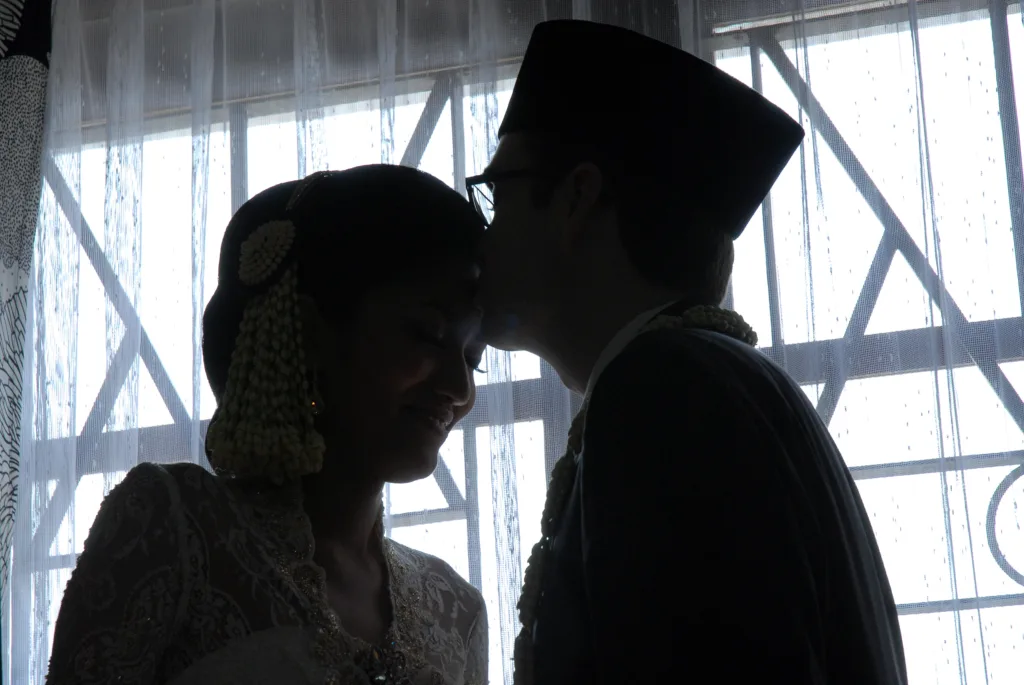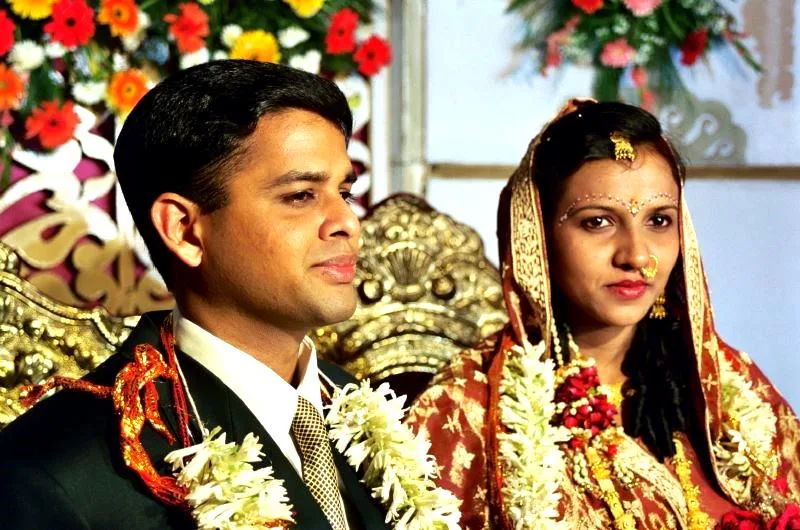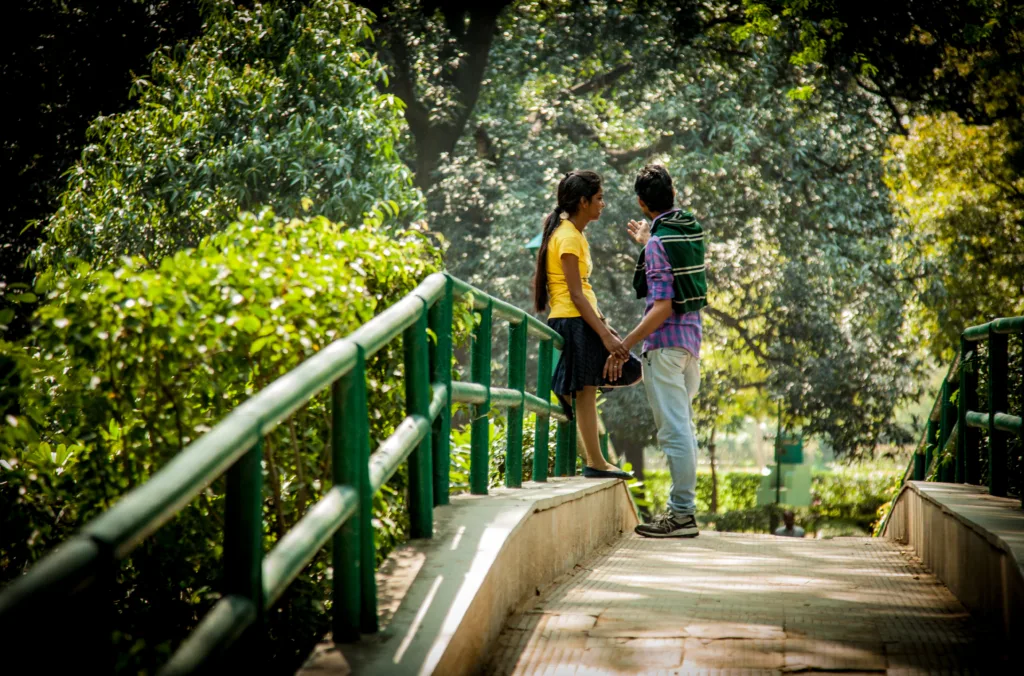An Indonesian Supreme Court decision has made it harder for interfaith couples to have their marriages recognised.
 Supreme Court decision spells challenges for interfaith couples : “Ash + Ervi Indo wedding” by Ashley Ringrose is available in https://bit.ly/3TNcxYp CC BY-NC-ND 2.0 DEED
Supreme Court decision spells challenges for interfaith couples : “Ash + Ervi Indo wedding” by Ashley Ringrose is available in https://bit.ly/3TNcxYp CC BY-NC-ND 2.0 DEED
An Indonesian Supreme Court decision has made it harder for interfaith couples to have their marriages recognised.
Gaba and Rya, an interfaith couple from the Catholic and Protestant denominations of Christianity, were overjoyed after their marriage application was approved by the North Jakarta District Court to be recorded and registered at the Population and Civil Registration Agency.
They had reason to be worried. In Indonesia, interfaith marriages are not considered legal under the law but their registration at the Civil Registration Office can be done with court approval. There were 1,425 interfaith couples registered between 2005 and 2022.
Indonesia is characterised by pluralism in terms of ethnicity, culture, race, law and religion. With six officially recognised religions in Indonesia, it is not uncommon for people from different religions to be in a romantic relationship leading to marriage.
The issue of interfaith marriage in Indonesia has been controversial since the enactment of a 1974 law concerning marriage, referred to as the Indonesian Marriage Law.
This is because the validity of marriage in Indonesia is determined by religion or belief. Having faith is a conditio sine qua non — an indispensable condition — for couples bound in matrimony.
Since the enactment of the Population Administration Law in 2006 – known as the Population Administration Law – couples of different religions can apply to the district court to obtain permission to register their marriage at the Population and Civil Registry Office.
Under Article 35 of the Population Administration Law, “Marriage registration also applies to marriages determined by the court”. Here, “marriage determined by the court” is a marriage between people of different religions.
So far, two misunderstandings have occurred in the community regarding the stipulation of the district court for couples of different religions.
Firstly, there is an assumption that the parties apply to the district court for the registration of their marriage and secondly, the idea that the district court legalises marriages of different religions.
Marriage registration in Indonesia is not under the authority of the District Court but under the Office of Religious Affairs (for Muslim couples) and the Population and Civil Registry Office (for those married under laws other than Islamic law).
The District Court does not have absolute authority to legalise interfaith marriages because the validity of a marriage is determined by the religion of each party. The District Court can merely stipulate that an interfaith marriage has taken place, not legalise it.
Regardless, a regulation that allows interfaith couples to apply for permission to register interfaith marriages at the Population and Civil Registration Office is welcomed by interfaith couples.
Such a route is considered the most effective, affordable, and progressive as it permits them to continue practising their own religion without changing to their partner’s religion.
In 2023, the Supreme Court issued Circular Letter (SEMA) No. 2 of 2023, prohibiting judges from granting applications for registration of marriages between people of different religions and beliefs.
The SEMA serves as internal guidance for administering justice and is classified as a policy regulation. It directs judges under the Supreme Court’s authority in implementing administrative tasks, distinct from legislation but mandated for supervision and guidance.
To provide uniformity in adjudicating applications for registration of marriages between people of different religions and beliefs, the SEMA states that when deciding cases of marriage applications of interfaith couples, judges must be guided by the following provisions:
1. A valid marriage is a marriage conducted according to the laws of each religion and belief
2. The court does not grant the application for registration of marriage between people of different religions and beliefs.
The issuance of this SEMA was met with mixed responses from the public.
Those in its favour argue that court decisions allowing interfaith marriages degrade marriage law, even though in their legal considerations, they often use the 2006 Population Administration Law as a basis.
The SEMA stipulates that judges should prioritise the formal principles of marriage law rather than population administration law when examining cases of interfaith marriage.
Those who oppose the SEMA argue that it hampers the development of the judicial system in guaranteeing the rights of citizens from various backgrounds and contradicts the principle of judicial independence, namely that judges in deciding cases must be free from influence or interference from other parties.
Judicial practices that have so far granted marriage registration applications such as the Surakarta District Court, Yogyakarta District Court, South Jakarta District Court, Surabaya District Court are considered progressive in their efforts to guarantee the rights of citizens.
Whilst a SEMA is not considered binding legislation (unlike a Supreme Court Regulation or PERMA), a SEMA can influence judges in deciding cases. Psychologically and culturally, judges in lower courts follow the direction of higher judges, especially in the Supreme Court.
SEMA No. 2 of 2023 actually hinders progress in guaranteeing the rights of interfaith couples to marry.
After the issuance of the SEMA on 17 July 2023, there was only one case involving determination of an interfaith marriage that was decided by the North Jakarta District Court. This most likely happened mainly because the judge was not yet aware of these rules as the case was submitted to the North Jakarta District Court on 14 July 2023 and the case was decided on 8 August 2023.
Today there are limited channels for interfaith couples to marry. They can marry abroad, or submit to one of the partners’ religious rituals. After marriage they are free to return to their original religion.
Submission to the rituals of the partner’s religion is practised by most interfaith marriage couples even when they apply for the establishment of an interfaith marriage. The Population and Civil Registry Office will allow the registration of their marriage without having to apply to the district court for permission.
Indonesia’s legal landscape regarding interfaith marriages remains complex and evolving. While the SEMA has stirred debate regarding judicial independence and citizens’ rights, it also underscores the need for continued dialogue and progress in addressing the diverse needs of interfaith couples.
Hartini is an associate professor at the Faculty of Law in Gadjah Mada University, Indonesia. Her research interests are Law and Legal Studies/Litigation, Adjudication and Dispute Resolution, Family Law
Originally published under Creative Commons by 360info™.











